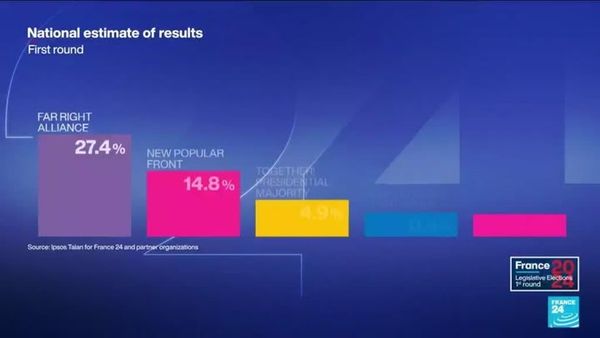
A Tasmanian man who received sports gambling advertisements despite requesting a lifetime ban from betting has described a $13,770 fine for the company’s “serious breach” as “disgusting” and ineffective.
Amused Group, which runs the BetNation brand, emailed 7,713 people as part of its “Who wants to be a millionaire?” campaign, telling them it would accept bets of up to $1,000 on any horse in the Melbourne Cup.
The advertisements, seen by Guardian Australia, include images of the former AFL player Brendan Fevola and the former Australian cricketer Mitchell Johnson cheering. Bonus payments of up to $50 were available if a chosen horse ran second to 10th.
Mark Kempster received the email despite being on a self-exclusion register run by the Northern Territory Racing Commission, which regulates most online wagering companies in Australia that are registered in the NT for historical tax reasons.

Kempster said the fine imposed by the NTRC was too weak to force the multibillion-dollar online wagering industry to overhaul its behaviour, which was a stated objective of the commission when issuing the fine.
“It’s disgusting,” Kempster said. “$13,770? They’ll make that back in half an hour. To see that was really disappointing. I worked in this industry and know how much money goes through these places. Even for a smaller company like BetNation, this is chump change.”
Kempster’s self-exclusion came after 50 attempts to quit gambling over seven years. He lost about $100,000 – accessing his superannuation to pay off credit card debts – and is now pushing for tougher oversight of the industry.
Amused has been contacted for comment. It told the NTRC that it had apologised to everyone who received the emails, which were retracted within hours. It also said “corrective and preventive measures” had been put in place.
The $13,770 fine is half the maximum amount that can be imposed by the NTRC, despite the commission judging it was a “serious breach” that had “the potential to harm persons who have admitted that they have a gambling problem and have taken positive steps to prevent themselves from operating a betting account”.
The judgment, signed by the NTRC’s chair, Alastair Shields, said the decision had been published online to “place all Northern Territory wagering operators on notice that the commission treats such breaches seriously”.
Matt Stevens, an NT-based consultant gambling researcher, said temporarily suspending BetNation’s gambling licence would have been “more effective as a compliance approach”. That option was available to the NTRC.
“These fines are a pittance compared to the money these companies make,” Stevens said.
Kempster said receiving gambling advertisements when on a self-exclusion register could be “life altering” for people recovering from gambling addiction.
“I worry about the other people who got it, as I am already two and a half years into my gambling addiction recovery, but what about those people who are just a couple of weeks in?” Kempster said.
Transcripts seen by Guardian Australia show that when contacted by Kempster, a BetNation customer service worker said: “We are sincerely apologetic for what has occurred.
“We made an effort as soon as possible retracting our email and have apologised on multiple occasions for the event that transpired.”
Before adding himself to the self-exclusion register, Kempster used the “take a break” feature on several gambling apps, which temporarily suspends a customer’s account.
“On multiple occasions once these breaks had finished, I was offered ‘bonus bets’ or ‘deposit matches’,” Kempster said.
“You would think that if these companies had any duty of care to their customers, they would understand that if a customer had used the ‘take a break’ function on multiple occasions that they are probably having an issue.”







